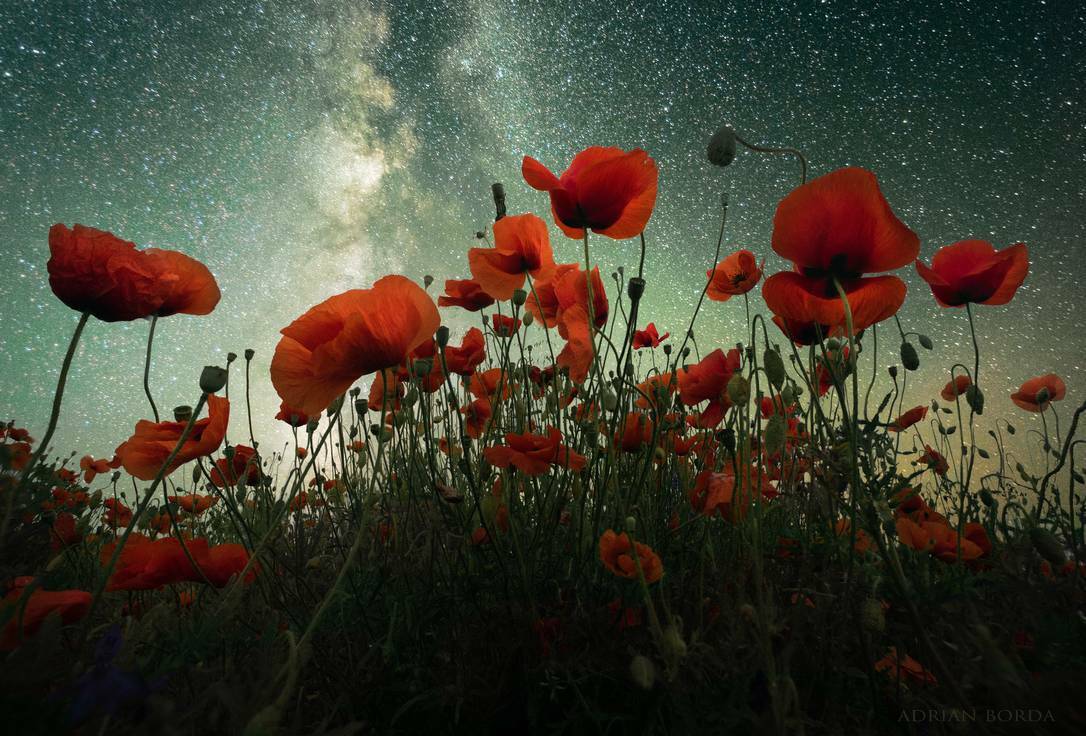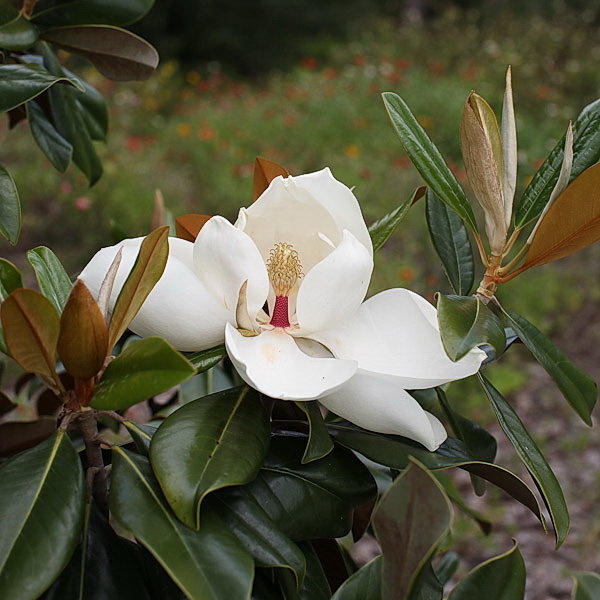Myth
by Joseph J. Capista
Cross a thin ribbon of sky which is, of course, the river. A child pits a bowl of olives with the bone-handled paring knife. Its blade is whetted too thin; it holds everyone's reflection but her own. She is eight. Off with your finger she says to no one, then lops off a tip, pinches its skin, and extracts with her teeth the olive pit, which she spits into another bowl. Three bowls, in all: one for what is hard, one for what is soft, one for what remains untouched. From the hook she has lifted, draped along her neck, and tied at the small hollow of her back the night. Clock, upon clock, upon clock. Still, who is prepared for this moment? If you want to hear better, close your eyes, she says. If you want to hear better, cover your ears. Each olive in the yellow bowl is black. Lining the river bridge are houses identical to this house; windows on one side hold the world, but windows on the other side hold the world. She counts sparrows on ratlines. When you stop dreaming of ghosts, she explains, then you have become a ghost. When she dreams, the olives in her dreams are green.
from the journal SOUTH DAKOTA REVIEW
Joseph J. Capista on "Myth"
Art makes problems by solving problems, I tell students, and solves problems by making problems. After stepping away from the writing desk for some time―COVID chaos, teaching obligations, family preoccupations―I returned to it disenchanted with problems of received forms and accentual-syllabic verse. Where better to turn than the prose poem? Russell Edson defined the prose poem as “a burst of language following a collision with a large piece for furniture.” No injuries occurred during the making of this poem.
https://mailchi.mp/poems/todays-poem-myth-joseph-j-capista?e=6ec42bce63




